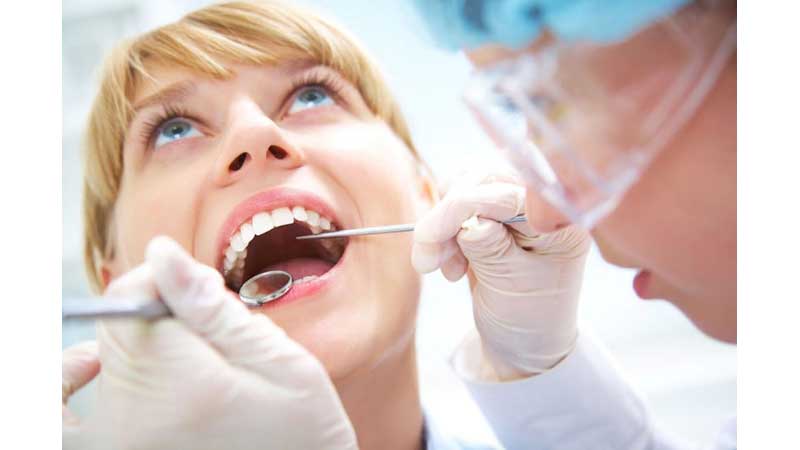Caries in the teeth (caries dentis) is a pathological process in which there is a loss of solid tissue minerals and their softening with subsequent oral cavity formation.
According to statistics from different countries, the prevalence of caries among adults and children ranges from 85 to 98%. In Poland, 90% of schoolchildren suffer from caries, in the Czech Republic - 64-76%, in England and the United States - 98% o. Eighty percent of the Azerbaijani population suffers from caries.
The causes of caries
-Regular consumption of carbohydrates (glucose, sugar, fructose) between meals. It is not so much the amount of eaten sweets that plays a role in the occurrence of caries as the frequency of their intake and the duration of their stay in the mouth.
It was found that protein deficiency, deficiency of vitamins D, A, C, do not affect the occurrence of caries. However, long-term malnutrition can lead to an increase in caries.
-The impact of the diet on the occurrence of caries is not limited to the effects of carbohydrates. The caries prophylactic role of fluorine is undeniable. Even 60 - 80 years ago, food was not subjected to intensive culinary treatment. Being more rigid, it had a pronounced cleansing effect, and as a result, self-cleaning of teeth took place. The food we eat is softer and does not require intensive treatment, which does not ensure proper self-cleaning of teeth. As a result, tooth decay appeared on the surfaces of the teeth.
-Normally, there are many microorganisms in the human oral cavity. When carbohydrates enter the oral cavity, some of these microorganisms secrete a sticky liquid and with their help stick to the surface of the teeth and form plaque. Over time, the bacteria in the plaque multiply and the plaque becomes thicker and denser. At this time, caries, i.e. the process of decay of the hard substance of the tooth begins. This process lasts 18-28 hours, but if we clean the plaque on the teeth twice a day, we can significantly reduce the risk of caries.
These external factors affecting the body cause caries:
-Ionizing radiation,
-Long-term intensive X-ray radiation.
Which teeth mainly suffer from caries?
Caries affects the upper jaw teeth more than the lower jaw teeth. According to some researchers, this is due to the fact that the lower jaw teeth are constantly in motion. The lower jaw teeth better clean food residues and reduce the risk of caries. The back teeth are mainly affected by caries. This is most likely due to the first eruption of these teeth.
Prevention of caries
The main methods used to protect teeth from caries are:
-Regular care of the oral cavity;
-Minimize the use of sugar;
-Use fluoride toothpastes;
-Observance of the rules of cleaning teeth;
-Preventive examination by a dentist at least once in six months.
However, it should be noted that in nature, no living thing, except humans, purposefully cleans its teeth and does not suffer from caries. Keeping your body healthy and following good oral hygiene rules can help prevent caries.
Bless you

